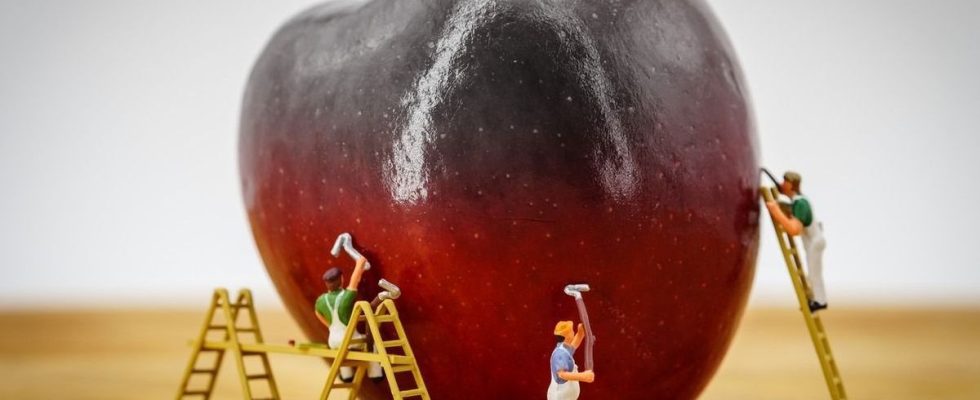Published on
Updated
Reading 2 min.
Fraudulent foods; Does that speak to you? This is a dizzying European traffic, which can have serious consequences on health, denounced by the FoodWatch association in a press release.
The numbers are chilling. According to the consumer protection organization Foodwatchnearly 8,000 tonnes of everyday products would be affected by this food trafficking, considered “unprecedented”.
Fake parmesan and fake Parma ham
According to information collected by the association, “no less than 8,000 tonnes of illicit products and 6.5 million mainly alcoholic drinks (wine, beers, counterfeit alcohol) were seized” as part of the annual operation called Opson, organized in collaboration with 25 European countries.
An intervention, which also “highlighted fraud linked to controlled designations of origin which concern products masquerading as feta, parmesan, grana padano or even Parma ham, without respecting strict specifications“, deplores Foodwatch.
Six criminal networks were even dismantled.
For the rest, many gray areas remain, regrets the association.
“Erased” expiry dates
According to Europol data, this involves trafficking in expired and relabeled food.on an unprecedented scale“.
“In most cases, criminal organizations contact waste processing companies and buy food that should have been destroyed. They then erase the expiration dates from the labels and print new ones to replace them.”
A practice that is dangerous for consumers, since it deviates from all health standards. The risk of poisoning is, in fact, very real.
As for the countries concerned, France, but also Germany, Italy, Lithuania and even Spain are affected by this vast trafficking of spoiled food.
Fake pesticides are also circulating
The other traffic denounced by the association? The massive one of “fake pesticides“.
(Perfect) imitations of already known bottles, or new products, made from “substances completely banned in Europe“.
“These unregulated substances can be extremely dangerous to the environment and human health. Use of cheaper, illegal, and substandard products leads to devastation of fields and other ecosystems, such as bee populations“, denounces Europol. “While Asia and South Asia remain the main regions of origin for illegal pesticides, much of the production and finishing takes place in the EU“, adds the agency.
The problem ? Here again, the products escape health safety controls, regrets the association.
